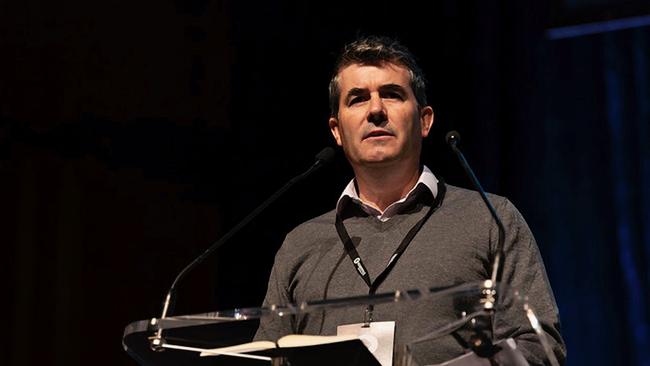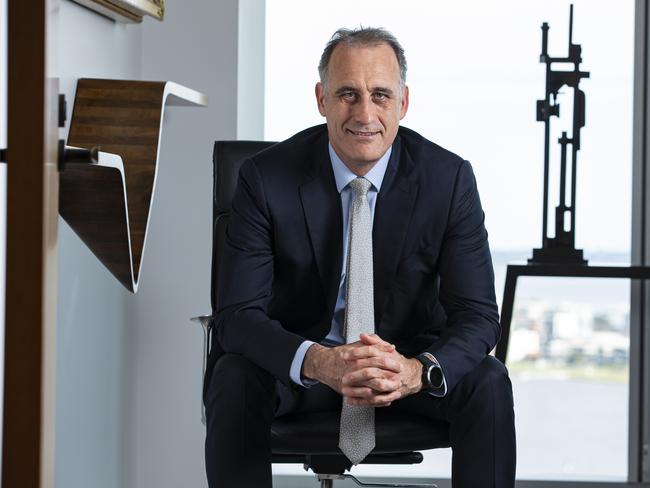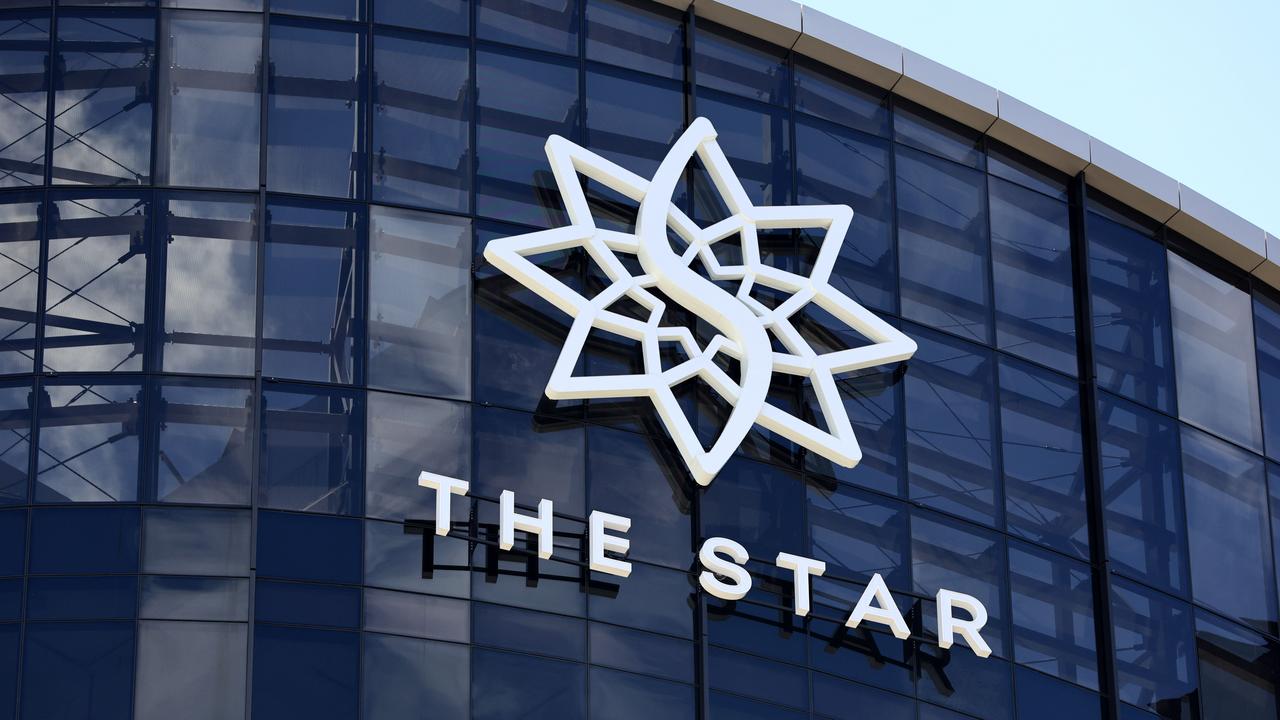Employer alarm at “perfect storm” of strikes, pay claims
The stopwork by 190 workers is disrupting the operations of Australian Pharmaceutical Industries, which makes medical supplies including RATs and masks.

Employers have expressed alarm that unions will increasingly demand inflation-linked wage rises and higher pay for labour hire after distribution centre workers in Melbourne went out on strike calling for annual 7 per cent pay rises for the next four years.
The 190 workers at the Wesfarmers-owned Australian Pharmaceutical Industries, which makes emergency medical supplies including rapid antigen tests and masks for the Priceline retail chain, are also calling for “same job, same pay” increases for agency casuals.
The dispute is a live example of two big issues in workplace relations: the pursuit of cost-of-living wage rises and the contest over Labor’s proposed same pay, same job laws that are being backed by unions but opposed by business.
The workers at the company’s Dandenong plant, in Melbourne’s southeast, want a 7 per cent rise for each year of a new four-year deal, not just the first 12 months to keep pace with recent rise in inflation.
As well as wage increases to compensate for inflation, the United Workers Union said the workers believed they were owed catch-up pay rises from the pandemic when they agreed to a 2 per cent rise in the belief they would get more when conditions improved.
UWU national secretary Tim Kennedy said the company had offered a 5 per cent rise for the first year and a 4 per cent increase for the second year.
He said the company was proposing a 3.5 per cent and 3 per cent rise for the final two years but had agreed to pay increases in line with the Consumer Price Index if the inflation rate was higher during that period.
He said the company at this stage was not moving on the wages of agency casuals who were paid the minimum wage despite doing the same work at the same location as the permanent employees, who were earning about $60,000 a year.

The Australian Chamber of Commerce and Industry said “simplistic calls for across-the-board wage increases to reflexively push above prices risks unlocking the floodgates to deep and prolonged economic pain”.
“The labour hire industry provides vital flexibility to businesses and to workers, and this flexibility must be retained,” the chamber’s director of workplace relations, Jessica Tinsley, said.
“On average, labour hire employees earn more than their permanent counterparts. Stripping these workers of any influence over their pay or benefits would ultimately see the on-demand workforce paid less, not more.
But ACTU secretary Sally McManus said “workers have had enough of big companies using labour hire to cut wages”.
“Many employers have already realised this and have stopped doing it (and) thankfully the Albanese government is closing this loophole so there is a level playing field and fairness for all workers,” she said.
Australian Resources and Energy Employer Association chief executive Steve Knott said he expected a significant uptick in industrial action over the next few years as unions use new laws to pursue aggressive wage claims.
“Employers who don’t have in-term enterprise agreements locked in are potentially sailing into a ‘perfect storm’ of IR risks,” Mr Knott said.
“Inflation is driving expectations of above 7 per cent wage increases. Employees understandably don’t want their real wages going backwards, and unions are emboldened under an ALP federal government delivering an aggressively pro-union new IR regime.”
Mr Kennedy said Wesfarmers recorded a profit of $2.35bn last financial year, while the group’s chief executive Rob Scott pocketed $8m for the same period.
“The company is swimming in cash and if Wesfarmers can afford to give their chief executive a $1m increase in wages year-on-year, they could afford to give logistics workers a $2.25-an-hour pay rise,” he said.
“Wesfarmers CEO Rob Scott earns in four days what a regular logistics worker earns in a year,” Mr Kennedy added.
“While it is a matter for the board to agree to pay Mr Scott more than $20,000 a day, it is unconscionable for the company to offer their workers, who showed up throughout the pandemic to ensure that the community was kept safe with RATS and masks, a wage increase which fell well short of the cost-of-living increases.
“On top of that, we have agency casuals in the same shed, doing the same job as the permanent API workers, and getting paid minimum wage.”
A Wesfarmers spokeswoman said API was negotiating in good faith and seeking a fair and equitable outcome for both parties.
Medical supplies were not being disrupted by the industrial action but there could be a slight delay in the delivery of some health and beauty products.
EDITORIAL P14
BUSINESS P28








To join the conversation, please log in. Don't have an account? Register
Join the conversation, you are commenting as Logout